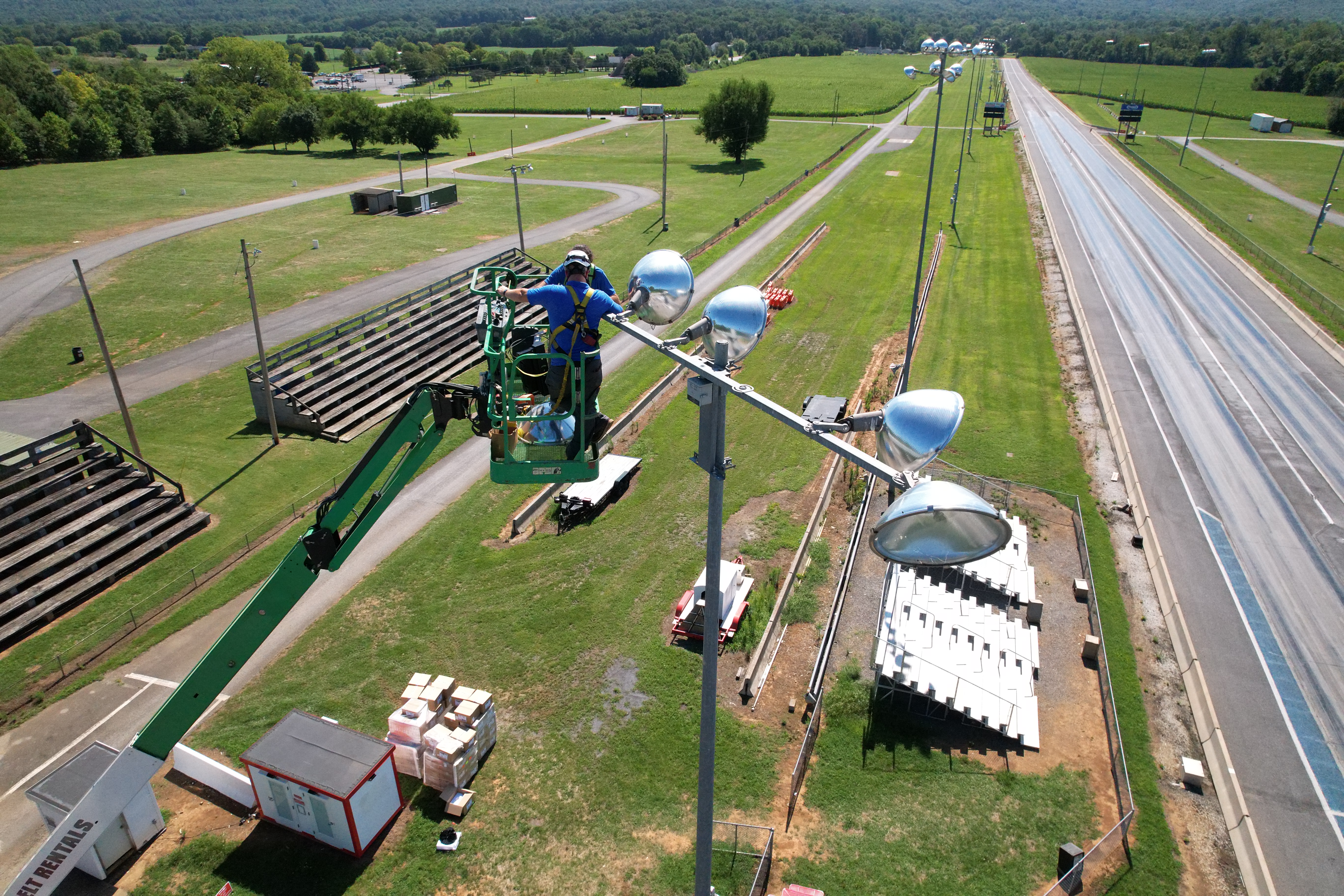-
 Increased Incentives for Retro-Commissioning Projects
Increased Incentives for Retro-Commissioning ProjectsRetro-commissioning projects can reduce energy use by up to 20%. Now, earn more on every Retro-Commissioning and RCx Lite project with increased incentive rates of $0.38/kWh for applications submitted through Nov. 30, 2026.
-
 Case Study: Mason Dixon Dragway
Case Study: Mason Dixon DragwayPotomac Edison’s Small Business Direct Install program worked in partnership with a trusted Closed Network Provider to facilitate a lighting upgrade project that has helped the Dragway significantly reduce energy use and lower their operating costs.
-
 Case Study: Sheetz
Case Study: SheetzSheetz partnered with the Energy Solutions for Business team to upgrade 17 locations with smart defrost systems, better lighting and variable frequency drives—cutting energy waste and improving comfort.
Let's Get Started
Find the best energy-saving solutions for your business. Not sure which offerings are right for you? Contact us to speak with an energy advisor.

